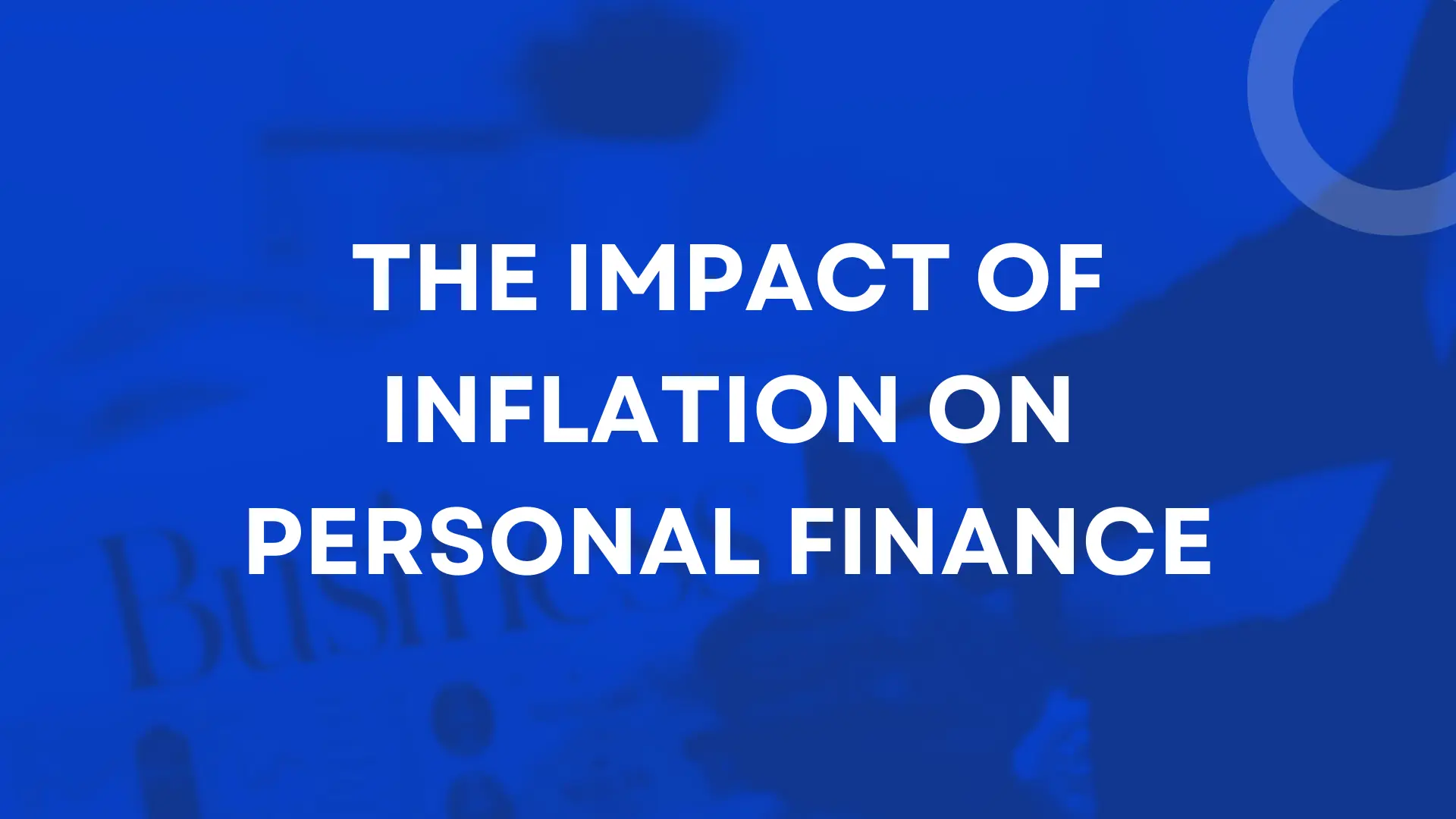
Impact of Inflation on Personal Finance, Inflation is a critical factor that significantly influences personal finance, affecting everything from purchasing power to investment returns. Understanding how inflation impacts various aspects of personal finance is essential for individuals to make informed decisions and mitigate its adverse effects. In this article, we’ll explore the impact of inflation on personal finance and strategies to navigate its effects effectively.
Understanding Inflation
Definition and Causes
Inflation refers to the sustained increase in the general price level of goods and services over time, resulting in a decrease in the purchasing power of money. Inflation can be caused by factors such as excessive money supply, rising production costs, increased demand, or supply chain disruptions.
Types of Inflation
Inflation can manifest in different forms, including demand-pull inflation, cost-push inflation, and built-in inflation. Demand-pull inflation occurs when aggregate demand exceeds aggregate supply, leading to upward pressure on prices. Cost-push inflation results from increases in production costs, such as wages or raw material prices, pushing up prices for consumers.
Impact of Inflation on Personal Finance
Decreased Purchasing Power
One of the most significant impacts of inflation is the erosion of purchasing power. As the cost of goods and services rises over time, the same amount of money buys fewer goods, reducing consumers’ ability to afford the same standard of living.
Effect on Savings and Investments
Inflation can erode the real value of savings and investment returns. Fixed-income investments such as savings accounts, bonds, and certificates of deposit (CDs) may fail to keep pace with inflation, resulting in a loss of purchasing power over time. To preserve the real value of savings and investments, individuals must seek out inflation-beating assets such as stocks, real estate, or inflation-protected securities.
Impact on Debt
While inflation erodes the value of money, it can also reduce the real burden of debt over time. Borrowers benefit from inflation as they repay loans with dollars that are worth less than when they borrowed, effectively reducing the real cost of debt. However, high inflation rates can lead to higher interest rates, increasing the cost of borrowing.
Cost of Living Adjustments
Certain financial instruments and contracts include provisions for cost-of-living adjustments (COLAs) to account for inflation. Social Security benefits, pensions, and some employment contracts may include COLAs to ensure that payments keep pace with rising prices, helping individuals maintain their standard of living in inflationary environments.
Strategies to Mitigate the Impact of Inflation
Diversify Investments
Diversification is key to protecting against inflation risk. By allocating investments across different asset classes such as stocks, bonds, real estate, and commodities, individuals can reduce the impact of inflation on their overall portfolio and potentially capture higher returns.
Invest in Inflation-Hedged Assets
Investing in assets that are positively correlated with inflation can help hedge against its effects. These assets may include Treasury Inflation-Protected Securities (TIPS), commodities such as gold or oil, real estate investment trusts (REITs), and stocks of companies with pricing power or strong competitive positions.
Maintain a Long-Term Perspective
While inflation can cause short-term fluctuations in asset prices and purchasing power, maintaining a long-term investment horizon can help ride out periods of inflationary pressure. Historically, stocks have provided a hedge against inflation over the long term, outpacing the rate of inflation and preserving purchasing power.
Conclusion
Inflation is a pervasive economic phenomenon that affects virtually every aspect of personal finance. From purchasing power to savings, investments, debt, and cost-of-living adjustments, inflation exerts a significant influence on individuals’ financial well-being. By understanding the impact of inflation and implementing strategies to mitigate its effects, individuals can protect their wealth, preserve purchasing power, and achieve their long-term financial goals.
Leave a Reply